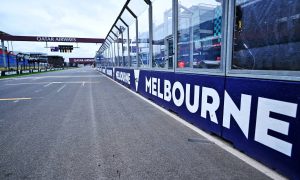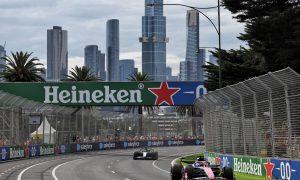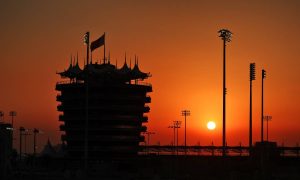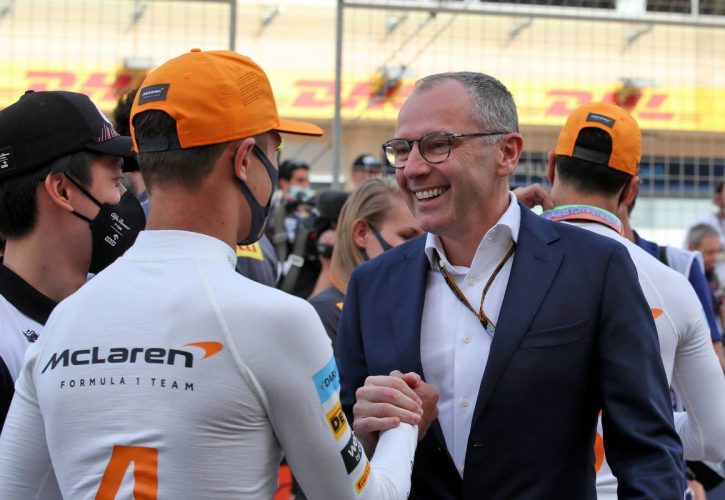
Stefano Domenicali has revealed that several potential new teams are conducting confidential talks with Formula 1, but Grand Prix racing's boss admits that accepting new entrants isn't the sport's first priority.
Michael Andretti's efforts to join the grid at some point in the future have been extensively reported on.
The American team owner's attempt last year to acquire a majority stake in Sauber which operates the Alfa Romeo squad was unsuccessful, but that didn't deter Andretti Autosport which now ambitions to set up his own F1 affiliate.
However, Domenicali revealed in Bahrain last weekend that other ventures besides Andretti have been in talks with F1.
"We have received many requests," said F1's chief executive. "How many? More than one and... less than eight!
"There are those who have not hidden their intentions, even in public, and there are those who are carrying out very confidential negotiations."
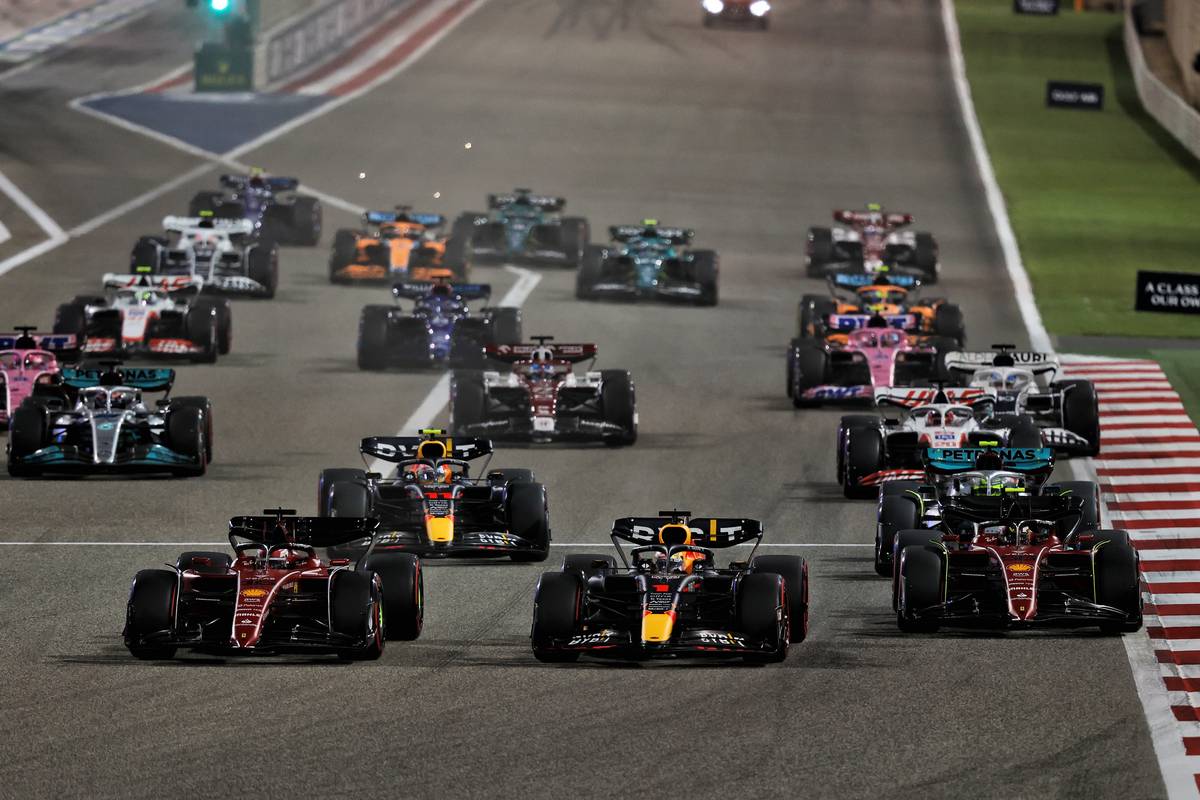
While Domenicali is attentive to new projects promoted by potential candidates, the Italian says his priority is to ensure the competitiveness of F1's current grid of ten teams.
“Personally, I do not believe that the number of teams in Formula 1 today is a limiting factor from the point of view of entertainment," he said.
"I believe it is a priority to work to increase the competitiveness of some teams that are already present.
"I do not believe that increasing the number of entries brings added value, unless they are teams of the highest quality".
F1 has ushered in a new era with the introduction of its new generation cars. But improving the field's competitiveness won't depend only on the success of the sport's new regulations.
Domenicali argues that F1's economics and its level playing field need to be protected by ensuring that teams remain in full compliance with the sport's budget cap, but also by safeguarding the latter against rising inflation and energy costs that are putting a burden on F1 teams.
"There are two open issues on this front," explained the F1 chief.
"The first is that of control, because if those who have to regulate miss something, the whole system collapses.
"Today, it is not enough to check only the technical side, but a strict financial control is also needed, and for this reason the FIA is equipping itself to be even more robust in its role as guarantor.
"The second point relates to some variables that were difficult to predict at the time of the launch of the financial regulations.
"Inflation is going in an unforeseeable direction, and transportation costs have also gone up in recent weeks in a way that is difficult to predict.
"There will be discussions to find the right solutions, but always keeping at the centre the principle that we must guarantee everyone the same possibilities."
Keep up to date with all the F1 news via Facebook and Twitter



